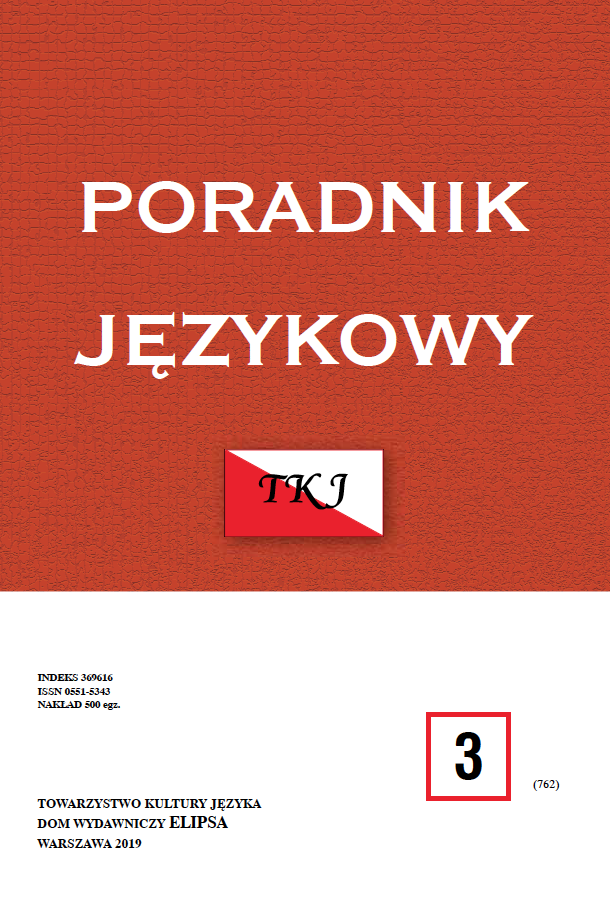JĘZYK OSÓB Z NIEPEŁNOSPRAWNOŚCIĄ WZROKU: LEKSYKA I METAFORYKA ŚRODOWISKOWA
The language of persons with visual impairments: environmental lexis and use of metaphors
Author(s): Anna WróblewskaSubject(s): Theoretical Linguistics, Applied Linguistics
Published by: Dom Wydawniczy ELIPSA
Keywords: environmental lexis; metaphors
Summary/Abstract: The object of this paper is the issue of environmental variant of language used by persons with visual impairments. Firstly, specific sociocultural considerations, which are the foundation of the sociolect development among members of the examined group, are discussed. These include in particular: the sense of autonomy and community of life opportunities, the nurture of group traditions through maintaining and establishing appropriate institutions, and the occurrence of numerous interactions between persons with visual impairments. Methodological triangulation consisting of observation, individual interviews with blind people, and analysis of the content of selected articles published in „Pochodnia” („Torch”) were applied in the course of the research procedure. The fi ndings point to the expressive nature of the sociolect. Both the use of metaphors and environmental lexis serve the purpose of manifesting the specific social position of the analysed group and the attitude towards one’s own disability adopted by the blind. A characteristic phenomenon is also the abundance of sight metaphors in utterances of persons with visual impairments.
Journal: Poradnik Językowy
- Issue Year: 2019
- Issue No: 03
- Page Range: 81-92
- Page Count: 12
- Language: Polish
- Content File-PDF

